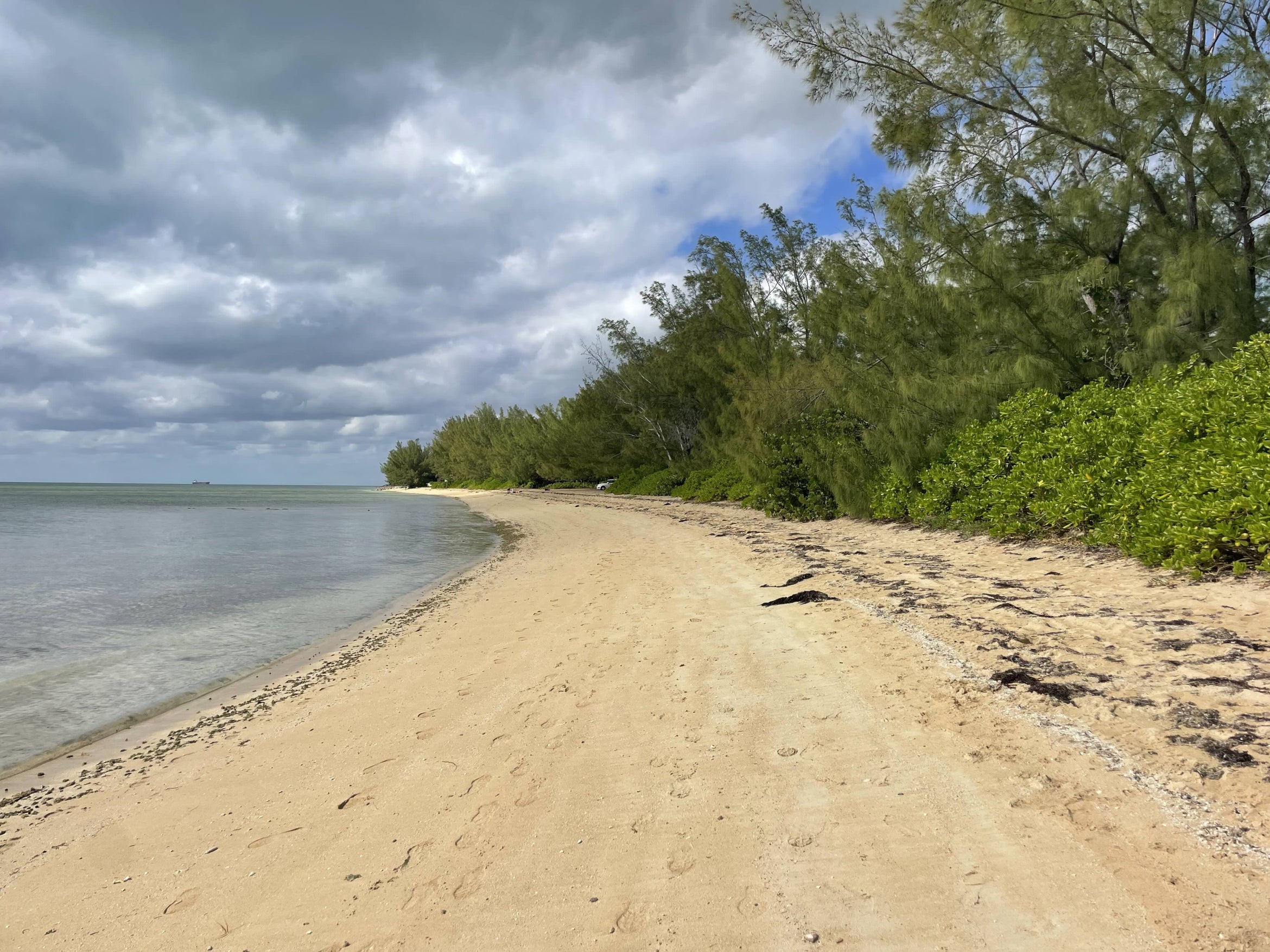
Not Your Ordinary Science Education
Science is everywhere, if you think about it. From the food we eat to the cellphones we all carry, to the changing climate and the phenomena it brings, all it takes is a curious mind and the means to investigate, and you’ve got fertile grounds for inquiry, discovery and engagement with the world around us.
That’s the inspiration behind UC Santa Barbara’s SciTrekBiotech, a science-based educational outreach and discovery program for schoolkids designed to capitalize on the natural curiosity of young, K-12 minds and guide them in scientific thinking and experimentation. Now, with approximately $3 million in funding over three years from the U.S. Department of Defense’s National Defense Educational Program (NDEP), and a focus on biotechnology outreach and workforce development, the program aims to help create the next generation of scientists and technologists — people the country will need to solve emerging problems and stay competitive in an increasingly technological society.
“I’m pretty proud of our SciTrek team and I think we’re having a huge impact,” said the program’s cofounder Norbert Reich, Distinguished Professor of Chemistry and Biochemistry at UC Santa Barbara. “Three million dollars is just going to blow it away for us. My goal is really to do such good work that they’ll want to continue supporting the program.”
“I congratulate Norbert Reich and the SciTrek team on receiving this transformational grant from the Department of Defense," said Pierre Wiltzius, dean of mathematical, life and physical sciences at UCSB. "With a program that engages K-12 students in the scientific process while also giving UC Santa Barbara undergraduates valuable experience teaching and mentoring, SciTrek fulfills every tenet of our university's mission to teach, do research and provide public service. I can't wait to see how the program will grow and expand with this new funding.”
Teaching and Learning Science
For all the growing recognition of the importance of scientific, critical thinking in our society, conventional science education still leans toward rote memorization of facts and formulas that may or may not be relevant to potential future scientists. Students in large part are missing out on what makes science important and exciting.
Reich sensed this disconnect years ago.
“There’s a lot that has been written about how kids and university students are just really good at regurgitation of facts that they’re given, and that’s how they move on to the next grade,” he said. “That’s how they get into college. But there’s not a lot of original thinking, critical thinking and problem solving that you would like them to get good at.”
That’s when Reich decided to do something about it. The result was SciTrek, an experience-based science education program that pairs UC Santa Barbara science majors with groups of schoolkids and their teachers to “do” science, rather than just hear about it. In addition to learning basic scientific principles, the students, with the guidance of the participating UCSB undergrads, learn how to follow their natural curiosity and formalize an inquiry, get comfortable with experiments, discern relevant information and gain confidence in presenting their results.
UCSB's SciTrek Program from UC Santa Barbara on Vimeo.
Over the years, the program has become UC Santa Barbara’s largest science education outreach program, with an ever-growing number of students, teachers and community partners. Its ongoing success has gained the attention of funders such as the U.S. Department of Defense, whose current priorities include “activities related to STEM, including specific efforts geared toward biotechnology, a DoD modernization priority area.”
“The Department of Defense is not only developing emerging technologies but also investing in the STEM workforce pipeline, which is critical to the department and our nation’s security,” said Heidi Shyu, the Undersecretary of Defense for Research and Engineering at the DoD, in a statement announcing $47 million in grants for STEM education program, of which SciTrekBiotech is one.
The DoD’s emphasis on biotechnology was a natural direction for the decade-old SciTrek program, according to Reich, who pointed out that half of the program’s modules (there are two modules for every grade level) deal with biological concepts. The other half incorporates other scientific disciplines such as physics or chemistry.
“SciTrekBiotech is sort of a biotech version of SciTrek, meaning the content is going to be slightly skewed toward biotechnology,” Reich said. This shift in content will be geared toward high school students, with seven of the eight high school modules to concentrate on biotech-centric studies. The goal is for the students to get a taste of and experience in biotechnology as a science and as a potential professional direction.
Everyone Wins
The funding, according to Reich, will allow the program to expand beyond UCSB through partnerships with other colleges and universities, create a seminar series that features industry and DoD speakers and procure the supplies and equipment needed to spread this hands-on educational model to the rest of the country.
K- 12 students aren’t the only ones to benefit from SciTrekBiotech. While the active learning environment is geared toward tomorrow’s scientists and science-literate people — particularly underrepresented minorities and women, who tend to abandon STEM majors at higher rates — the program also gives teachers the latest in science education techniques, and it offers the university student volunteers an opportunity for professional and career development and to develop their leadership and communication skills. In the end, according to Reich, a science-literate society is a more empowered society.
“I want to improve societal understanding of how science actually works,” Reich said. “That was the driver to begin with and it still is.”
Reich acknowledges the help of Vanessa Woods (Psychological & Brain Sciences), Maria Napoli (Office of Research), and Olivia Hwang in writing the grant proposal, and Darby Feldwinn (cofounder, SciTrek).



